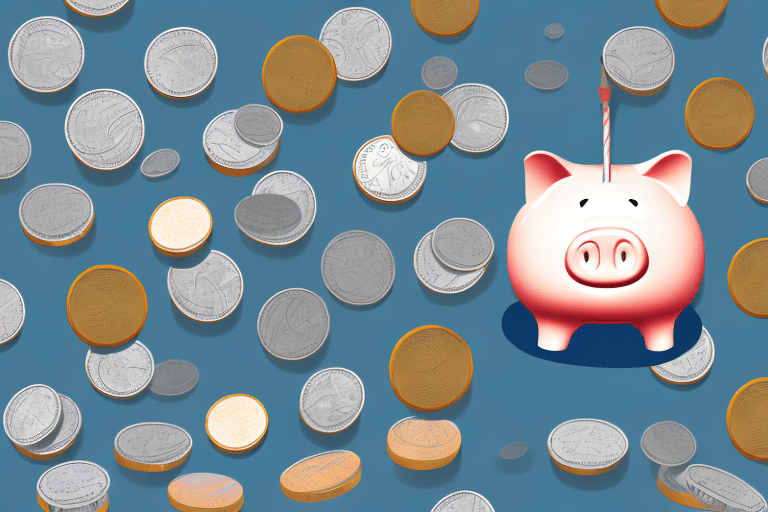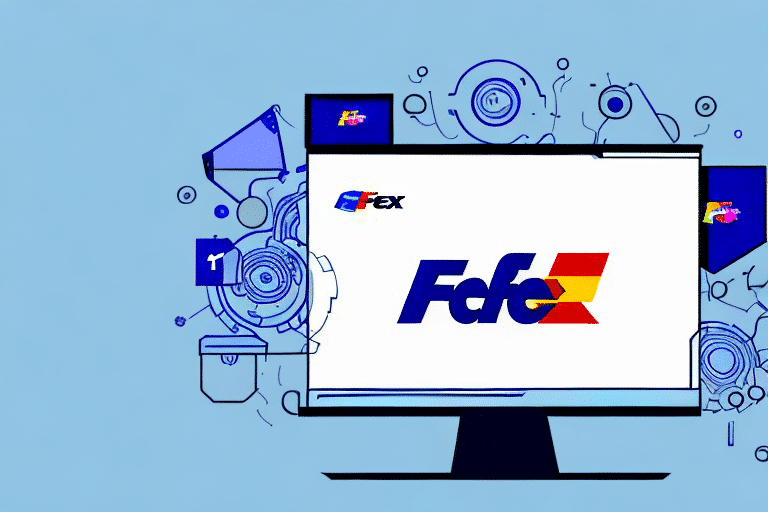Setting Financial Goals and Planning
The foundation of effective money-saving strategies lies in clearly identifying your financial goals. Begin by determining what you aim to achieve and the timeline for each objective. Common financial goals include:
- Saving for a down payment on a house
- Paying off credit card debt
- Building an emergency fund
- Planning for retirement
According to a report by Consumer Financial Protection Bureau, setting specific and measurable goals increases the likelihood of achieving them.
After identifying your goals, prioritize them based on importance and urgency. This prioritization allows you to allocate your resources effectively, ensuring that essential goals are addressed first.
Evaluate your current financial situation by analyzing your income, expenses, and existing debts. Tools like Mint or YouNeedABudget can help you gain a clear picture of your finances, enabling you to set realistic and achievable goals.
Reducing Expenses
Evaluate Your Spending Habits
Understanding where your money goes is crucial for effective savings. Review your bank and credit card statements to categorize your expenses into areas such as:
- Housing
- Transportation
- Food
- Entertainment
- Miscellaneous
Resources like the Federal Reserve's Economic Well-Being Reports provide insights into average household spending patterns, helping you identify areas where you can cut back.
Cut Back on Non-Essential Expenses
Once you've identified non-essential expenses, take steps to reduce them. Common areas to consider include:
- Dining Out: Opt for homemade meals to save significantly.
- Subscriptions: Cancel services you no longer use.
- Entertainment: Seek free or low-cost alternatives.
Creating and adhering to a budget is an effective way to monitor and control your spending. Utilize budgeting apps like GoodBudget or You Need A Budget to streamline this process.
Reduce Your Energy Bills
Energy costs can constitute a significant portion of your monthly expenses. Implementing energy-saving measures can lead to substantial savings. Consider the following strategies:
- Switch to LED light bulbs, which use up to 75% less energy than incandescent bulbs.
- Install a programmable thermostat to optimize heating and cooling schedules.
- Ensure your home is well-insulated to maintain temperature and reduce heating and cooling costs.
The U.S. Department of Energy estimates that homeowners can save up to 30% on heating and cooling bills by adopting energy-efficient practices.
Creating and Managing a Budget
Create a Budget That Works for You
A personalized budget is essential for managing your finances effectively. Start by listing all sources of income and categorizing your expenses into fixed and variable costs. Allocate funds prioritizing necessities such as:
- Rent or mortgage
- Utilities
- Groceries
- Transportation
After covering these essentials, designate funds for savings and debt repayment. Regularly review and adjust your budget to accommodate changes in your financial situation.
Track Your Progress and Celebrate Small Wins
Monitoring your financial progress keeps you motivated and accountable. Utilize financial tracking tools or spreadsheets to keep a record of your savings and expenditures. Celebrating milestones, no matter how small, can boost your morale and encourage continued adherence to your budget.
According to the National Institutes of Health, individuals who track their spending are significantly more likely to achieve their financial goals.
Increasing Income and Managing Debt
Explore Ways to Increase Your Income
Boosting your income can accelerate your savings and debt repayment goals. Consider the following options:
- Take on a side hustle or freelance work in your area of expertise.
- Sell items you no longer need on platforms like eBay or Amazon.
- Seek a raise or promotion at your current job.
Investing in your education or skills can also lead to higher earning potential in the long term.
Refinance High-Interest Debt to Lower Monthly Payments
High-interest debts, such as credit card balances, can hinder your financial progress. Refinancing these debts can reduce your interest rates and monthly payments, allowing you to pay off debt faster. Options include:
- Obtaining a balance transfer credit card with a low or 0% introductory rate.
- Securing a personal loan with a lower interest rate to pay off high-interest debts.
The Consumer Financial Protection Bureau advises evaluating the terms and conditions carefully before refinancing to ensure it aligns with your financial goals.
Take Advantage of Cashback Rewards Programs
Cashback rewards programs can provide you with a percentage of your spending back, effectively reducing your expenses. To maximize benefits:
- Use cashback credit cards for everyday purchases, but ensure you pay off the balance each month to avoid interest charges.
- Sign up for cashback apps and browser extensions like Swagbucks or Rakuten.
According to NerdWallet, strategic use of cashback programs can save consumers hundreds of dollars annually.
Smart Shopping and Transportation
Use Coupons and Promo Codes to Save Money While Shopping Online
Online shopping offers convenience but can be costly without proper strategies. Save money by:
- Searching for coupon codes before finalizing your purchase.
- Using cashback websites like Beem It for additional savings.
- Subscribing to newsletters from your favorite retailers to receive exclusive discounts.
Websites like CouponFollow aggregate the latest promo codes, ensuring you never miss a deal.
Save Money on Transportation Costs
Transportation expenses can drain your budget. Implement cost-saving measures such as:
- Opting for public transportation instead of driving alone.
- Carpooling with coworkers or neighbors to split fuel costs.
- Maintaining your vehicle regularly to improve fuel efficiency.
The Asian Development Bank reports that regular vehicle maintenance can improve fuel economy by up to 20%.
Use Public Transportation or Carpool Instead of Driving Alone
Reducing the number of solo drives not only saves money but also benefits the environment. Consider the following alternatives:
- Using public transit systems like buses and trains.
- Joining or forming a carpool group with colleagues or friends.
- Exploring options like ride-sharing services for occasional trips.
According to the Environmental Protection Agency, carpooling can reduce household transportation costs by up to 50%.
Home Improvement and Investments
DIY Home Improvement Projects to Save Money
Undertaking Do-It-Yourself (DIY) home improvement projects can significantly reduce costs compared to hiring professionals. Consider projects such as:
- Weather-stripping doors and windows to enhance energy efficiency.
- Installing programmable thermostats to optimize heating and cooling.
- Switching to energy-efficient bulbs and appliances.
Websites like HomeTalk offer tutorials and tips for various DIY projects, helping you save money while improving your home.
Invest in Energy-Efficient Appliances
Upgrading to energy-efficient appliances can lead to long-term savings on utility bills. When selecting appliances:
- Look for the ENERGY STAR certification, indicating high energy efficiency.
- Compare energy consumption ratings to choose the most efficient models.
- Consider the initial investment against potential savings over time.
The ENERGY STAR program reports that replacing old appliances with ENERGY STAR models can save households up to $1,000 annually on energy costs.
Affordable Lifestyle Choices
Plan Affordable Staycations Instead of Expensive Vacations
Vacations are essential for relaxation but can strain your budget. Opting for a staycation allows you to enjoy leisure time without the high costs associated with travel. Ideas include:
- Exploring local attractions and tourist spots.
- Participating in community events or festivals.
- Enjoying outdoor activities like hiking or picnicking in nearby parks.
According to Travel + Leisure, staycations can provide similar levels of relaxation and enjoyment at a fraction of the cost of traditional vacations.
Final Thoughts
Implementing these comprehensive cost-saving strategies can significantly enhance your financial health. By setting clear goals, reducing unnecessary expenses, increasing your income, managing debt effectively, and making smart lifestyle choices, you can achieve your financial objectives and secure a stable financial future.
Regularly review and adjust your financial plan to adapt to changing circumstances and continue progressing toward your goals. Remember, consistency and dedication are key to successful money management.








